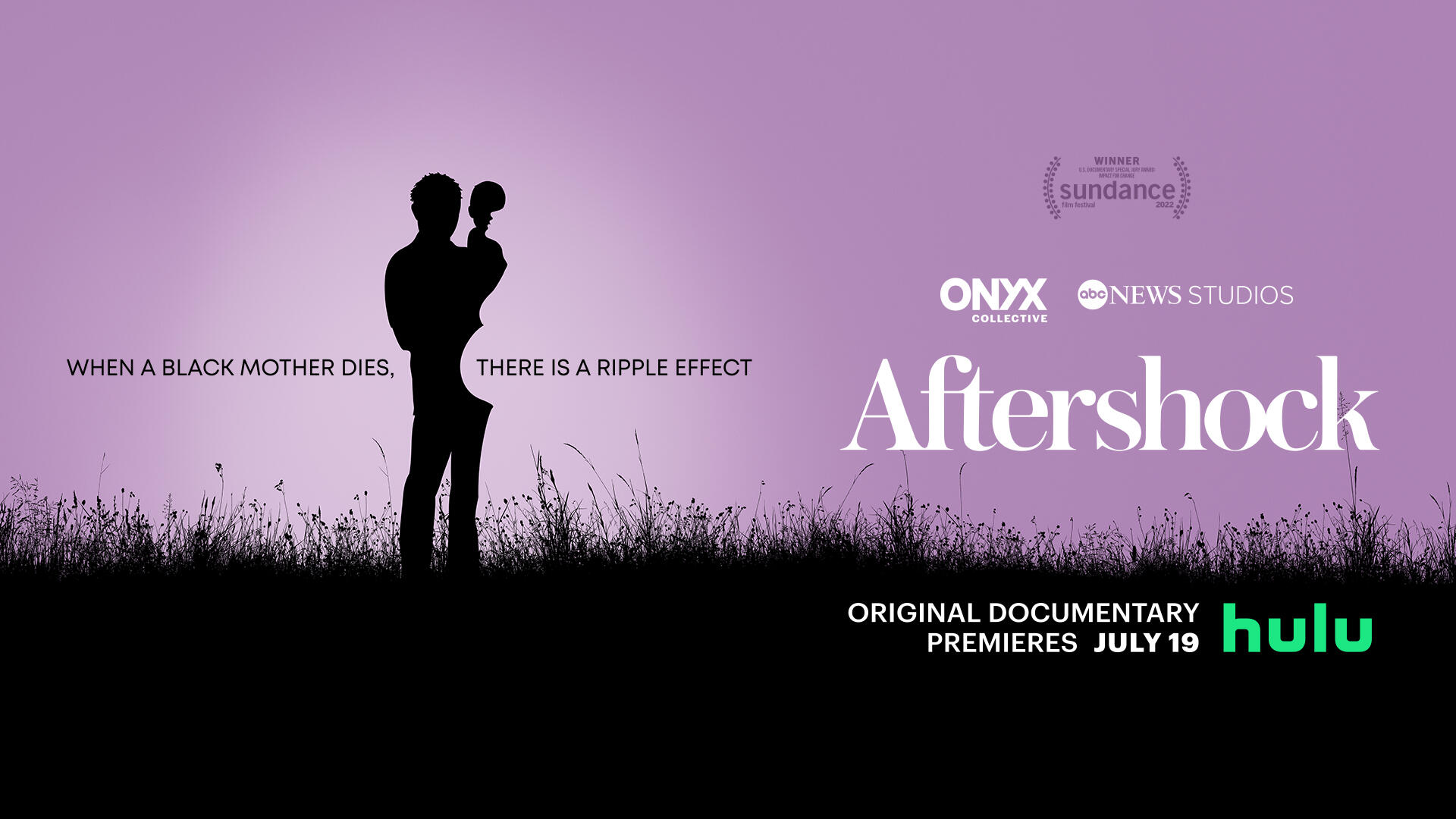When a Black mother dies there is a ripple effect. Hulu has released the official trailer for the forthcoming original documentary, “Aftershock,” which takes a deeper look at the maternal mortality of Black women.
About The Documentary:
In October 2019, 30-year-old Shamony Gibson tragically died after being ignored by medical providers 13 days following the birth of her son.
Two months later, we began filming Shamony’s surviving mother, Shawnee Benton Gibson, and bereaved partner, Omari Maynard, as they began to process what happened and figure out their new normal.
In April 2020, 26-year-old Amber Rose Isaac, died due to an emergency c-section that the family says stemmed from medical negligence.
Within weeks of Amber’s death, Omari reaches out to Amber’s surviving partner Bruce McIntyre and a lifelong bond is formed.
Together, Omari and Bruce begin the fight for justice to their partners with their families and community by their side, while caring for their children as newly single parents.
Through the film, we witness these two families become ardent activists in the maternal health space, seeking justice through legislation, medical accountability, community, and the power of art.
Their work introduces us to a myriad of people including a growing brotherhood of surviving Black fathers, along with the work of midwives and physicians on the ground fighting for institutional reform.
Through their collective journeys, we find ourselves on the front lines of the growing birth justice movement that is demanding systemic change within our medical system and government.
Premiere Date:
July 19, 2022
Watch The Trailer:
Do you plan to watch “Aftershock” when it is released?














No, I won’t be watching a film that centers men on the important topic of Black maternal mortality, which clearly more directly harms Black women.